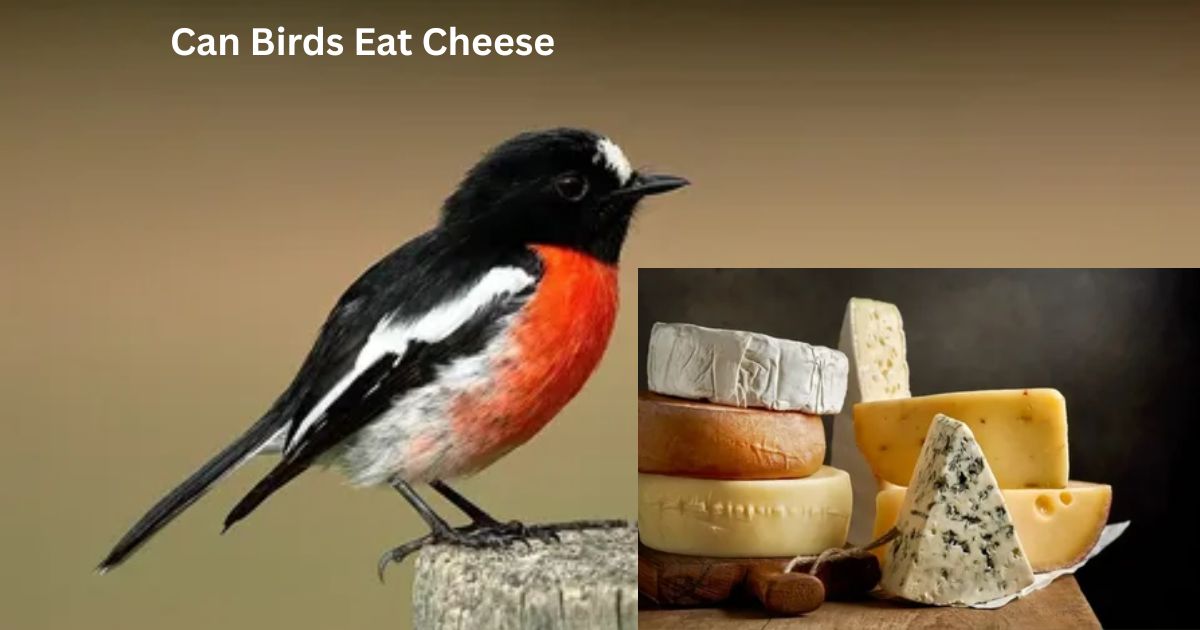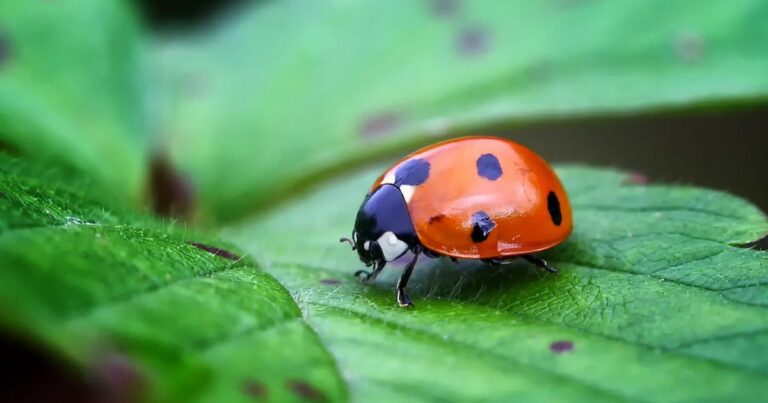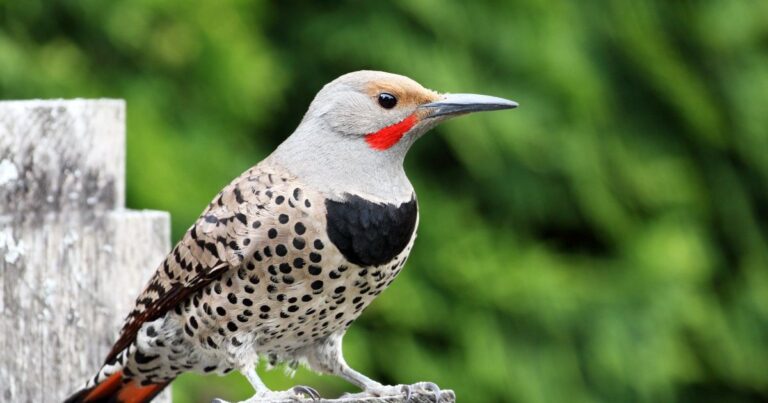Can Birds Eat Cheese? Guide for Pet Owners
As a dedicated bird lover and expert in avian diets, I delve deep into the fascinating world of “Can Birds Eat Cheese?” My mission is to educate fellow bird owners about safe foods for birds, focusing on the nutritional value of cheese and its role in a balanced diet.
With a keen understanding of bird health, I explore the types of cheese suitable for our feathered friends and provide practical bird feeding guidelines to ensure their well-being.
Join me as we uncover the joys of sharing cheese as a special treat for birds, while emphasizing moderation and safety.
Let’s connect to share insights, tips, and the latest research on birds and cheese, fostering a community of informed and caring bird enthusiasts! 🦜🧀 #BirdDiet #SafeFoodsForBirds #CheeseForBirds
Which Birds Will Eat Cheese?
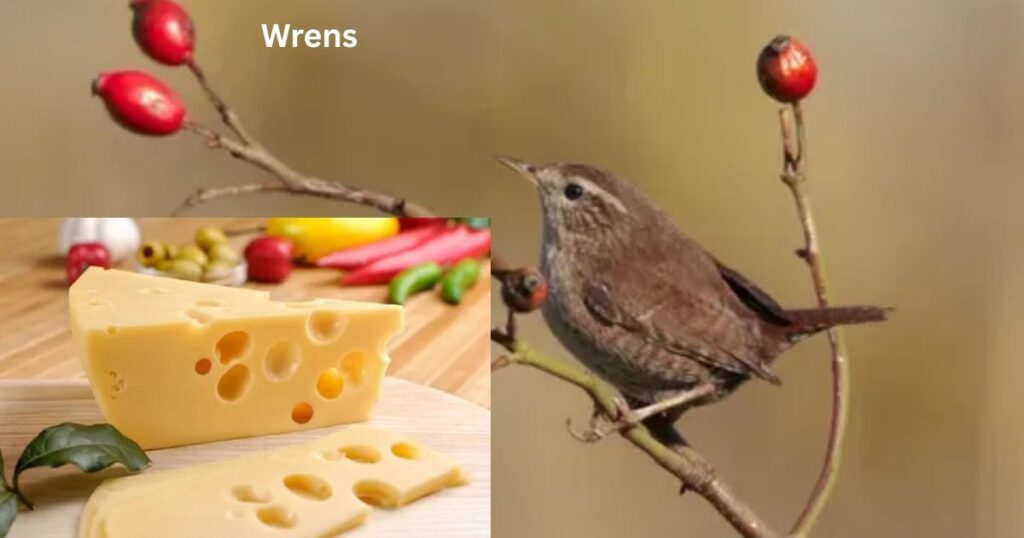
When considering which birds will eat cheese, robins and thrushes often surprise many with their adventurous palates.
These ground-foraging birds are known to sample a variety of foods, including cheese, particularly when it comes to softer varieties like cream cheese or mozzarella.
While cheese can offer some nutritional benefits, such as calcium, it’s crucial to remember that it should only be an occasional treat rather than a staple. Bird feeding guidelines suggest that moderation is key; too much dairy can upset their digestive systems.
Wrens and tit species like blue tits and great tits can be tempted by cheese. These small birds are curious and will explore different food sources in gardens and feeders.
When offering cheese, opt for lower-fat options and ensure it’s cut into tiny pieces to avoid choking hazards. Meanwhile, blackbirds and starlings are also known to enjoy cheese, especially when mixed with other foods like fruits or seeds.
This combination not only adds variety to their diet but also helps fulfill their nutritional needs while keeping them engaged and healthy. Just remember, cheese should never replace natural bird foods, which are essential for their overall well-being and vitality.
Can Cockatiels Eat Cheese
When it comes to the question, “Can birds eat cheese?” I find myself torn between the joy of offering my cockatiel a tasty treat and the concerns about their health. Cheese can be a delightful snack, packed with calcium that’s beneficial for birds, but not all cheeses are created equal.
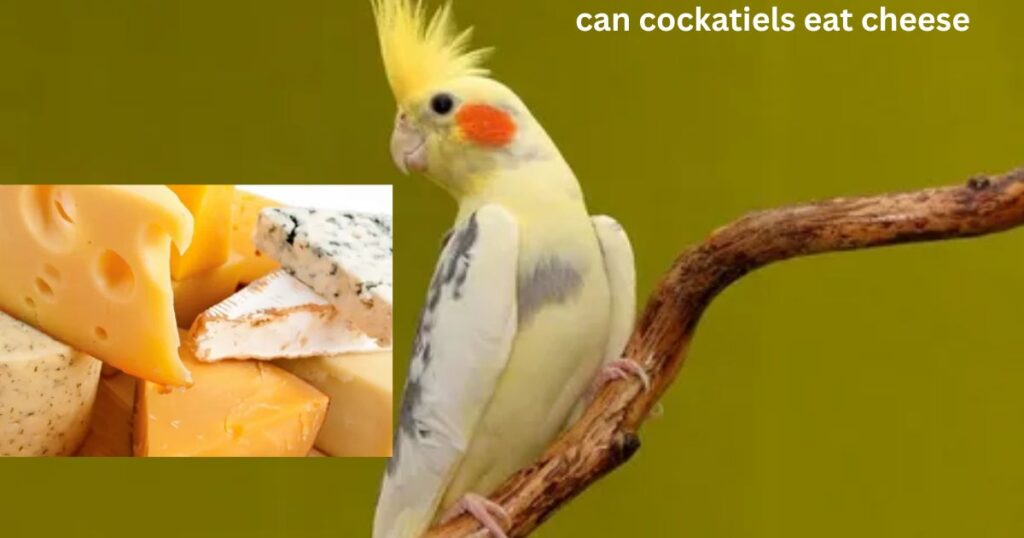
It’s essential to consider the type of cheese and its nutritional value when incorporating it into my bird’s diet. Soft cheeses like mozzarella or cottage cheese seem to be safer options, as they are easier for my feathered friend to digest compared to harder varieties.
I always keep in mind the importance of moderation. While cheese can serve as an enticing treat for birds, excessive dairy can lead to digestive issues since many birds are lactose intolerant.
I often refer to bird feeding guidelines to ensure that any cheese I offer is balanced with other natural bird foods. As I experiment with homemade bird treats, I’ve discovered that mixing tiny bits of cheese with seeds or fruits can create a well-rounded snack that keeps my cockatiel engaged and healthy.
So, while cheese can indeed be a fun addition to my pet bird care routine, it’s crucial to approach it thoughtfully after all, a happy bird is a healthy bird!
Can Wild Birds Eat Cheese
As I’ve explored the fascinating world of bird diets, one question often pops up: can wild birds eat cheese? It’s an intriguing thought, especially since many of us enjoy sharing our food with feathered friends.
While cheese isn’t a natural part of a wild bird’s diet, certain types can be offered as an occasional treat. I’ve learned that small amounts of soft cheeses like mozzarella or ricotta can be safe for birds, but it’s crucial to remember that dairy is not a primary food source for them.
Birds generally lack the enzymes needed to digest lactose effectively, which makes cheese a bit of a double-edged sword. While it offers some nutritional value, such as calcium, too much can lead to digestive issues.
I’ve found that it’s best to adhere to bird feeding guidelines that recommend moderation when introducing any non-natural foods. For those of us who enjoy crafting homemade bird treats, consider incorporating tiny bits of cheese sparingly while balancing it with natural bird foods. This way, we can delight in watching our avian visitors without compromising their health.
Can birds eat cheese popcorn
When I first pondered the question, “Can birds eat cheese popcorn?” I found myself intrigued by the culinary possibilities for our feathered friends. While many of us enjoy indulging in cheesy snacks, I wondered whether birds would share the same enthusiasm for cheese.
The truth is, birds and cheese can have a complicated relationship. Some birds, especially those that are omnivorous, may nibble on cheese in moderation, but it’s essential to consider the impact of processed foods like popcorn.
Read More Info About: Can Birds Eat Popcorn? Safe Animals for Popcorn Kernels
How to Feed Cheese to Birds Safely
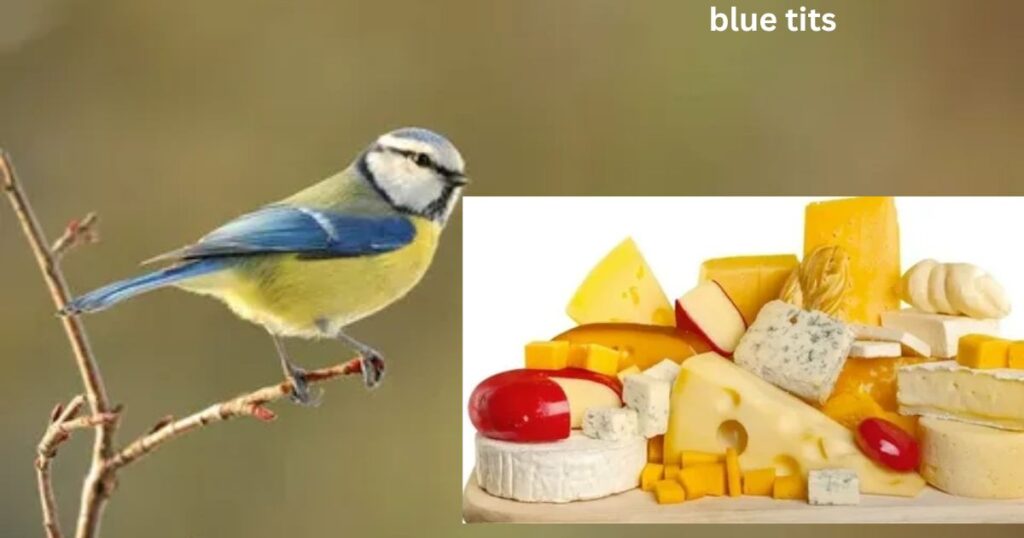
- When I first discovered that birds could enjoy cheese, I was both excited and cautious. It turns out that not all cheeses are created equal when it comes to our feathered friends.
- Soft cheeses like cream cheese or ricotta might sound tempting, but they can be too rich for birds and lead to digestive issues.
- I learned that small amounts of hard cheeses, such as cheddar or mozzarella, can be a delightful treat.
- Just remember to crumble it into tiny pieces; this makes it easier for them to nibble without the risk of choking.
- I’ve found that offering cheese in moderation is key. Birds have unique dietary needs, and while a little cheese can be a fun addition to their menu, it shouldn’t become a staple. Pairing cheese with other bird-friendly foods like fruits or seeds can create an enticing snack mix that keeps them engaged.
- Watching them peck at the cheese with curiosity is truly rewarding, and it reminds me of the importance of variety in their diet.
- So, if you’re curious about how to feed cheese to birds safely, just keep it simple and enjoy the joy it brings to both you and your avian companions!
Which Types of Cheese Can Birds Eat?
When it comes to the question of “Which Types of Cheese Can Birds Eat?”, I’ve found that it’s not just about what’s safe; it’s also about what they enjoy! While many birds are primarily seed and fruit eaters, some can appreciate a little dairy treat now and then.
Soft cheeses like mozzarella or cottage cheese tend to be a hit with my feathered friends, as their creamy texture makes them easier to digest. I’ve noticed that my parakeets especially love nibbling on small bits of these cheeses, almost like they’re savoring a gourmet meal.
I always keep in mind that moderation is key. Hard cheeses, such as cheddar, can be given sparingly since they are higher in fat and salt. A small chunk might be an exciting addition to their diet, but too much can lead to health issues.
It’s fascinating how a simple snack can bring so much joy to birds. Just the sight of them pecking at a piece of cheese adds an extra layer of happiness to my day, making me appreciate the little things in life like sharing a delightful food experience with my avian companions.
Which Types of Cheese NOT to Feed Birds
When it comes to feeding our feathered friends, it’s easy to think that cheese is an all-around treat. I’ve learned the hard way that not all cheeses are created equal when it comes to our avian companions.
For instance, soft cheeses like brie or cream cheese can be a big no-no. They’re high in fat and moisture, which can upset a bird’s delicate digestive system. Plus, these cheeses often harbor additives that aren’t ideal for birds think of the extra flavors and preservatives that can harm their health.
Another category to steer clear of is blue cheeses, such as Roquefort or gorgonzola. The mold found in these cheeses is not just unappetizing for birds; it can also be toxic to them. Even certain aged cheeses, while lower in moisture, can be overly salty, which isn’t suitable for birds either.
As I’ve come to realize, opting for bird-safe snacks like seeds or fruits is a far better choice than risking the health of our beloved visitors with the wrong types of cheese. So next time I reach for that cheese platter, I’ll remember: when it comes to “Which Types of Cheese NOT to Feed Birds,” it’s best to leave the cheese off their menu entirely!
Final Thought
To wrap up, the question of whether birds can eat cheese does not have a straightforward answer. While many birds enjoy the taste of cheese, it’s important to remember that it should only be given as an occasional treat rather than a staple in their diet.
Each bird species has unique dietary requirements, so it’s vital to prioritize their health and well-being when introducing new foods. Always choose safe options and monitor your bird’s response to avoid any potential issues. I urge fellow bird lovers to stay informed and make educated choices about their pets’ nutrition for a happy and healthy life.
FAQs
Can birds eat cheese balls?
Yes, birds can eat cheese balls, but they should be given in moderation. The ingredients may not be ideal for their diet.
can birds eat cheese puffs
Yes, birds can technically eat cheese puffs, but it’s not the healthiest option for them.
Do birds eat cheese in the winter?
Absolutely! Birds can eat cheese, but it should be given in moderation as a treat rather than a staple food.

